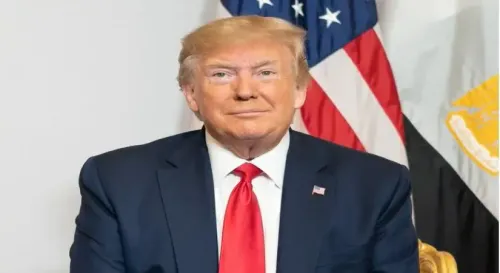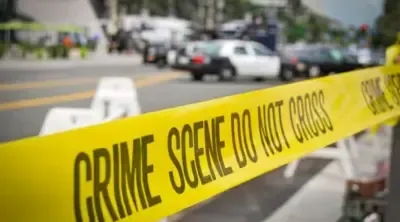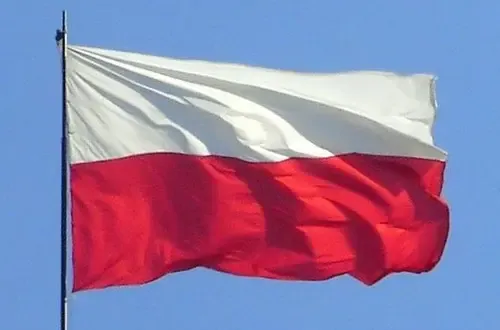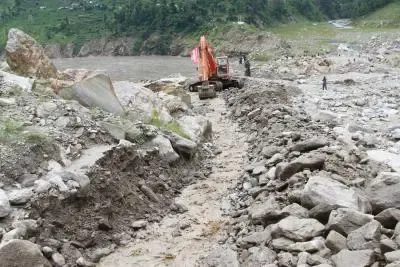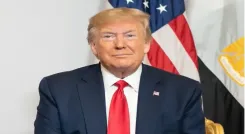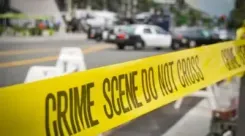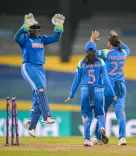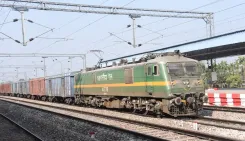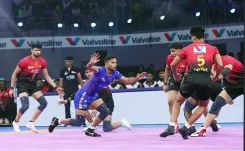Is Jamaat-e-Islami Erasing the Memories of Bangladesh's Liberation War?
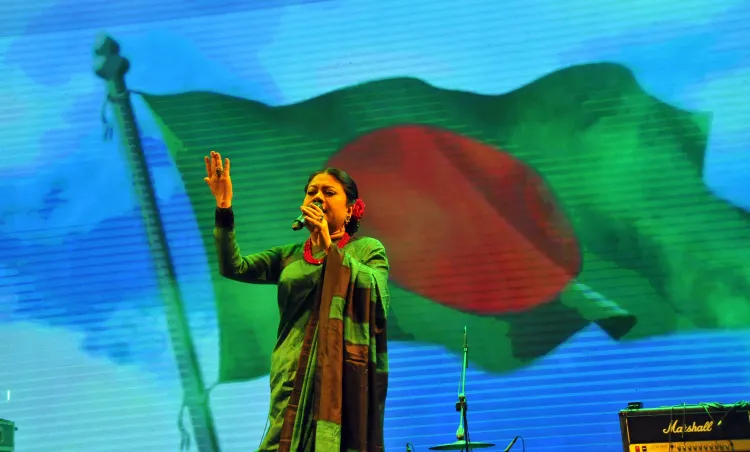
Synopsis
Key Takeaways
- BNP accuses Jamaat of historical erasure.
- Concerns over electoral integrity.
- Calls for national dialogue on history.
- Jamaat's controversial past resurfaces.
- Importance of understanding electoral systems.
Dhaka, Aug 8 (NationPress) The Bangladesh Nationalist Party (BNP) on Friday accused the radical Islamist group Jamaat-e-Islami of making efforts to erase the memories of the sacrifices made during the 1971 Bangladesh Liberation War from the collective consciousness of the nation through various tactics. The BNP alleges that Jamaat is also leveraging the Proportional Representation (PR) system to postpone the forthcoming general elections, as reported by local media.
According to Major (Retd.) Hafiz Uddin Ahmed, a member of the BNP Standing Committee, speaking at a discussion entitled 'Anniversary of the People's Uprising: Speedy Trial, Fundamental Reforms and National Parliament Elections' at the National Press Club in Dhaka, “The people of the country do not comprehend the PR system. It is crucial to conduct national elections under the current system,” as quoted by the leading Bengali daily, Jugantor.
Hafiz Uddin Ahmed further commented that the public is taken aback by the various statements issued by Jamaat.
Expressing concerns about the upcoming national elections, he stated, “There are worries regarding the ability to hold peaceful elections with this police force, which has not undergone even minimal reforms in a year.”
Last week, Ahmed expressed disappointment that a certain political party, which opposed Bangladesh’s Liberation War, is trying to assert that the nation made a mistake in 1971.
“Nowhere in the world’s history have unelected individuals modified a constitution. How can they even contemplate altering the constitution we established with our blood in 1972? They intend to discard that. A political party that opposed the Liberation War now wants to claim that the nation made a mistake in 1971 and it was a misguided nation,” the BNP leader stated without directly naming Jamaat.
This year, Hafiz Uddin expressed his discontent over Jamaat’s position regarding its actions during the Liberation War, accusing the party of attempting to justify its conduct in 1971 instead of offering a public apology.
Radical groups like Jamaat allied with Pakistan during the Bangladesh Liberation War in 1971, with many of its leaders implicated in war crimes.
After taking office last year, the interim government led by Muhammad Yunus lifted the ban on Jamaat and its student faction, Islami Chhatra Shibir, via a gazette notification.
In June, the Supreme Court of Bangladesh reinstated Jamaat’s registration, thereby facilitating its participation in the upcoming general elections.
The BNP and these radical Islamist factions previously collaborated with student leaders and Yunus to oust the democratically elected government led by former Prime Minister Sheikh Hasina.
The abrupt removal of Hasina was globally regarded as a significant setback for democracy in the nation. The interim government has faced considerable backlash for harboring radical and extremist Islamic groups.

